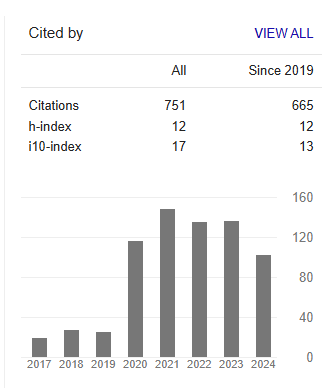A case of Fisher-Evans syndrome in a patient with type 2 diabetes mellitus after a COVID-19 infection
Abstract
Khaidarova FA, Alieva AV, Kamalova Kh A, Rakhmankulov .Kh, Yesimova DM, Tojieva IM
Patient A., female, aged 57, was admitted to the hospital with complaints of an increasing general weakness, low-grade fever, discomfort in the right hypochondrium, nausea, lack of appetite, icteric skin and sclera during the last week, the appearance of bruises on the body, hemorrhages that appear after injections or taking blood samples. Patient associated her condition with the COVID-19 infection 2 months before admission.
The next day after admission, multiple hemorrhages appeared on the oral mucosa, blood pressure decreased, body temperature raised. She was consulted by a hepatologist and hematologist. Myelogram showed Fisher-Evans syndrome signs. Treatment started according to the protocol. On the third day, the patient showed a progressive deterioration, which was manifested by an increase in general weakness, motor aphasia, followed by the appearance of generalized tonic-clonic seizures with spontaneous resolution. Despite the intensive therapy, according to the recommendations of the hematologist (plasma and blood transfusion, glucocorticoids pulse-therapy) the patient’s condition progressively worsened. In the dynamics, hemoglobin and platelets decreased, signs of cerebral edema developed. On day 4 patient deceased.
Conclusion Special attention should be paid to the prevention of recurrence of hemolysis and (or) thrombocytolysis in the event of infectious diseases, especially viral ones. The intake of drugs that block platelet function (for example, antiplatelet agents and anticoagulants) should be strictly controlled. In the presence of autoimmune pathology on an outpatient basis, clinical examination of such patients by hematologists, therapists and immunologists is necessary. Further study of the etiology and pathogenesis of the development of FES, observation of patients, identification of possible predictors of the severity of the disease and the development of an optimal therapy strategy are required.



